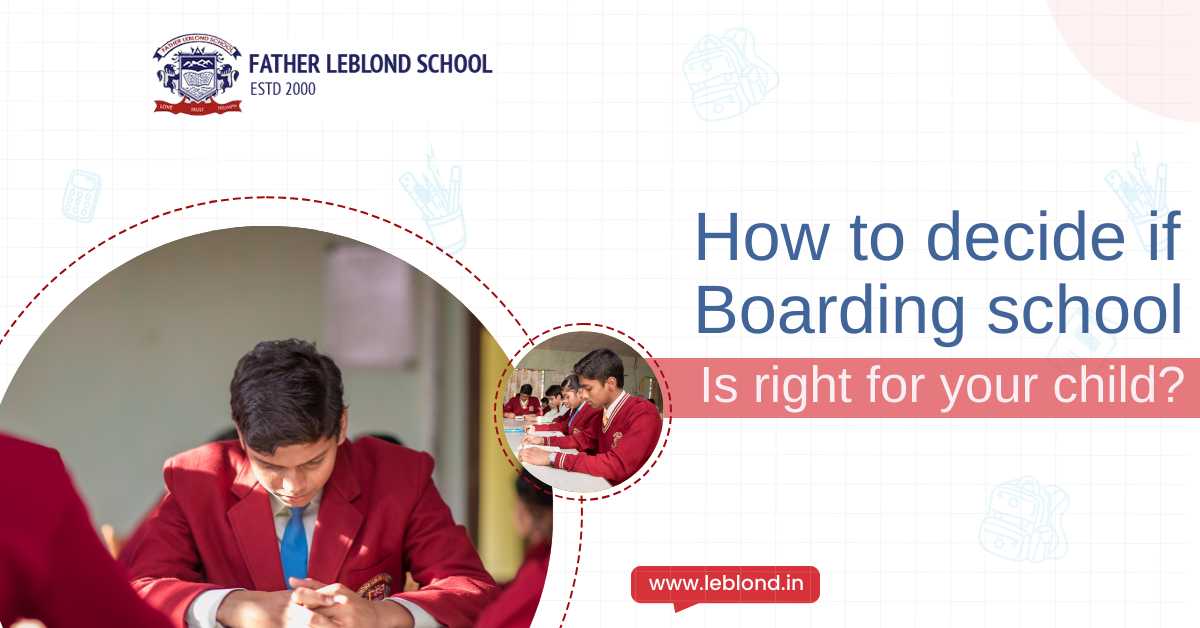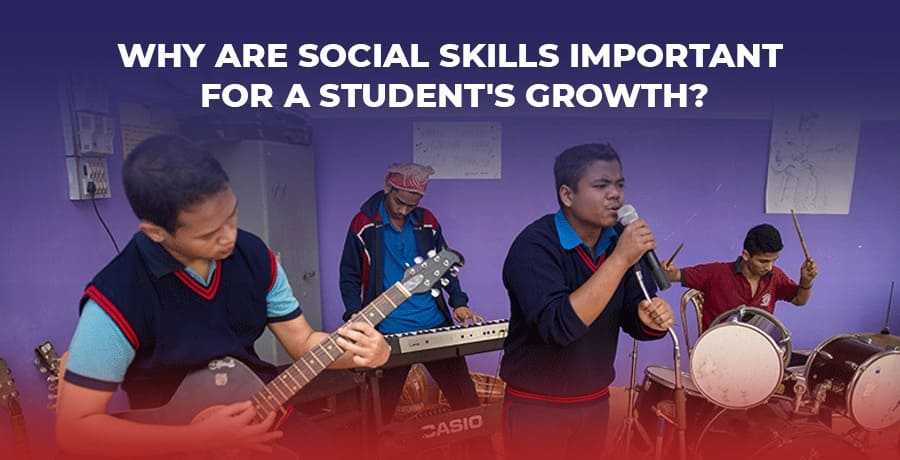Social skills play a pivotal role in a student's overall growth and development. Beyond academics, a student's ability to navigate social interactions contributes significantly to their success in various aspects of life. In this article, we'll delve into the multifaceted benefits of honing these essential skills in the educational journey.
1. Introduction
Students are not just recipients of academic knowledge; they are individuals who exist within a social framework. The development of social skills is crucial for their holistic growth.
2. Definition of Social Skills
These encompass a range of abilities, including effective communication, interpersonal skills, empathy, and collaboration. These skills collectively shape how students interact with their peers, educators, and the world around them.
3. Developmental Impact on Students
Beyond the classroom, these skills contribute significantly to a student's emotional and mental development. The ability to understand and regulate emotions fosters resilience and adaptability, and these emotional intelligence skills are paramount for a student's overall well-being.
4. Academic Performance
Surprisingly, a positive correlation exists between these skills and academic success. Students who can communicate effectively, collaborate with peers, and seek assistance when needed often perform better academically. The integration of these skills into the learning environment enhances the overall educational experience.
5. Building Relationships
Forming meaningful connections is a vital aspect of the educational journey. Social skills enable students to build strong relationships with peers and educators, creating a supportive learning environment. Such relationships foster a sense of belonging, positively influencing a student's engagement with academic tasks.
6. Communication Skills and School Facilities
Effective communication is a cornerstone of success in both academic and real-world settings. Students with strong social skills can articulate their thoughts clearly and engage in meaningful conversations. Moreover, schools play a crucial role in nurturing these skills by providing modern facilities that encourage collaborative learning. Modern classrooms, interactive spaces, and extracurricular resources create an environment conducive to developing effective communication and teamwork.
7. Problem-Solving Abilities
Socially adept students demonstrate enhanced problem-solving abilities. They can navigate conflicts, think critically, and find solutions collaboratively. These problem-solving skills, developed through social interactions, are invaluable in both academic challenges and real-world scenarios.
8. Teamwork and Collaboration
In educational settings, teamwork and collaboration are integral. Socially skilled students thrive in group projects, learning the art of cooperation and coordination. These collaborative experiences not only contribute to academic success but also mirror the collaborative nature of many workplaces.
9. Preparation for Future Careers
The professional world values employees with robust social skills. Students who develop these skills early on are better equipped for success in their future careers. Socially competent individuals tend to excel in team-based work environments, making them valuable assets to employers.
10. Coping with Stress and Pressure
Educational journeys are not without challenges. Socially adept students are better equipped to manage stress and pressure, fostering resilience in the face of adversity. These coping mechanisms, developed through social experiences, contribute to mental well-being, ensuring a positive learning environment.
11. Cultural Awareness
In an increasingly interconnected world, social skills contribute to cultural awareness. Students who understand and appreciate diverse perspectives are better prepared for global citizenship. These cultural competencies are essential for students to thrive in an interconnected and diverse society.
12. Impact on Mental Health
These skills are closely linked to positive mental health. Students who can form strong social connections often experience lower levels of stress and anxiety. The emotional support derived from social interactions positively influences mental well-being, creating a conducive atmosphere for learning.
13. Incorporating These Skills in Education
Schools can play a crucial role in fostering the development of these social skills. Introducing programs that focus on communication, empathy, and teamwork can significantly benefit students. By incorporating these skills into the curriculum, schools actively contribute to the overall growth and success of their students.
14. Challenges and Solutions
While the importance of these skills is evident, students may face challenges in their development. Providing targeted support, such as counseling and peer mentoring, can address these challenges effectively. Recognising and addressing these challenges ensures that all students have the opportunity to develop and enhance their social skills.
15. Conclusion
In conclusion, social skills are integral to a student's growth, impacting academic success, personal development, and future career prospects. Educational institutions should prioritise the inclusion of these skills in their curricula to prepare students for a well-rounded and successful future. For students seeking an exemplary environment to foster social skill development, Father LeBlond School, School in Siliguri stands out as the best. Committed to providing holistic education, it ensures that students not only excel academically but also develop the vital social skills necessary for a prosperous future.
Comments (0)






